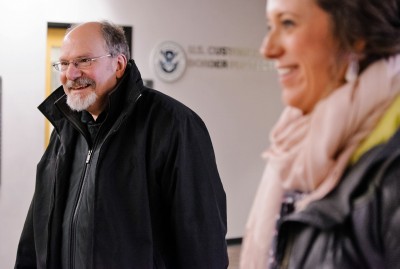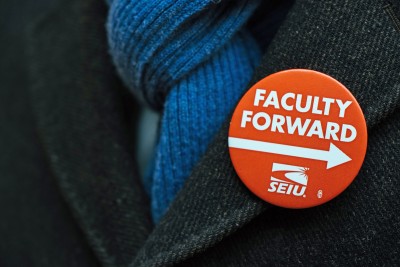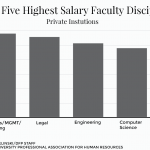
Boston University full-time and salaried instructors and lecturers voted to unionize with the Service Employees International Union Local 509 following a final ballot count Wednesday. The win merged the faculty members with their adjunct colleagues to improve the working environment and quality of higher education through negotiations with the university.
Approximately 20 BU instructors, lecturers and staff members of the SEIU Local 509 gathered at the National Labor Relations Board’s Boston office for the ballot count that resulted a win by a 4-to-1 margin. Out of approximately 250 eligible voters, 171 cast their votes via mail-in ballots that resulted in 135 votes for unionization and 36 against, said SEIU Local 509 senior spokesperson Jason Stephany.
“It is an overwhelming victory,” Stephany said.
BU full-time and non-tenure-track instructors and lecturers filed the petition to unionize to the NLRB March 4. The NLRB then mailed out the ballots to faculty members March 22, The Daily Free Press reported March 23.
Wednesday’s result integrated approximately 275 lecturers and instructors with 800 adjunct faculty members in SEIU Local 509’s Faculty Forward, a project that unionizes non-tenure-stream faculties in higher education institutions.
Stephany said the next step for the union is to start a formal survey and determine full-time salaried instructors’ priorities for the first post-union contract. Following the survey, the union will host a series of face-to-face meetings and information sessions to open the floor for instructors to express their needs, Stephany added.
“You’ll hear lots of people talking about the need to invest in the classroom, to prioritize classroom education and research and fulfilling the missions of the community,” Stephany said. “All of that will be determined in the coming weeks, and then once they determine their contract priorities, they will begin to meet with the BU administration to negotiate.”

BU adjunct professors are still in the process of negotiating a fair and equal contract with the administration approximately one year after unionization, The Daily Free Press reported Feb. 26.
News of unionization thrilled full-time salaried instructors who attended the ballot count, such as Bill Marx, a senior lecturer in the College of Arts and Sciences Writing Program.
“The past two weeks were a lot of work, contacting people [and] solidifying support,” Marx said. “[Unionization] will essentially raise the level of quality for faculty, for the students and for the entire BU community by giving us a voice and a way to be able to shape the policy and working conditions.”
Katherine Lakin-Schultz, a lecturer in the French Romance Studies program, said she was excited to share the victory with her colleagues.
“I’m thrilled to have been able to witness this overwhelming victory,” Lakin-Schultz said. “It’s been a really interesting and long process, but I just want to thank the union organizers for all of their hard work since last year.”
BU Provost Jean Morrison had previously sent two emails to full-time salaried instructors and lecturers, asking them to vote against unionization, The Daily Free Press reported March 23. In one of the emails, Morrison stated “[she] will pursue changes … that include the removal of Senior and Master Lecturers from eligibility to participate in our strategic faculty governance body, the University Council.”
Morrison was not available for immediate comment following the ballot count. Stephany said the provost’s decision to keep unionized faculty members out of a university governance body is unheard of.
“There is no precedent for that happening on any campus,” Stephany said. “Faculty who have unionized, without exception, have improved and increased their voice in the decision-making process … inherently by unionizing they have a collective voice.”
Several BU students said they hope unionization will bring positive outcomes to the university.
Lauren Cosio, a freshman in CAS, said it goes without saying that faculty members should join the union because it is crucial for them to get fair contacts.
“I can’t believe that professors weren’t already unionized,” Cosio said. “If it can help them bargain and get better contracts, it’s a good idea.”
Jhonatan Perea, a freshman in the College of Engineering, said workers in all industries should unionize, and a unionized faculty community will especially benefit students.
“Unions are essential ways for workers to make sure their needs are being met, no matter the setting,” Perea said. “At a large university, it will benefit the professors a lot and probably the students as well.”
Ashley Feng, a freshman in CAS, said she hopes faculty members can work smoothly in bargaining a better contact.
“Professors give us an education, so they deserve to be fairly compensated for it,” Feng said. “I hope unionizing allows their needs to be met and an agreement with the administration to be made.”





NOICE JOB!!!